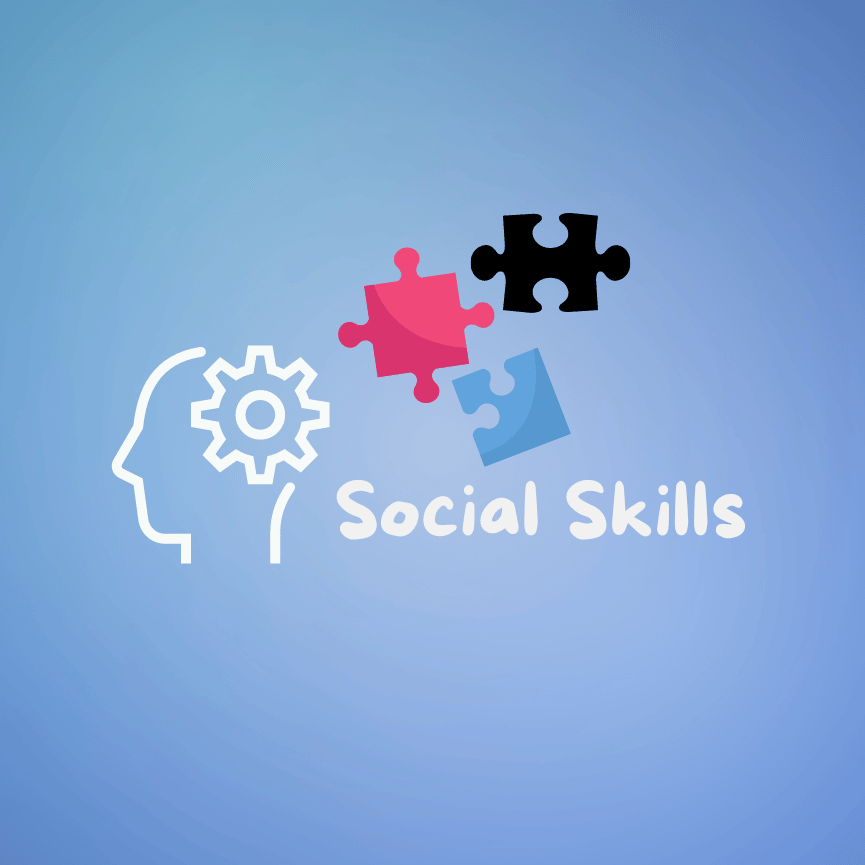
In a world that thrives on social interactions, developing strong social skills is a crucial aspect of personal growth for teenagers. While this journey is challenging for many, it poses unique obstacles for autistic teens. In this comprehensive guide, we'll delve into effective strategies for fostering social skills in autistic teenagers. Our aim is not only to provide insights and practical tips for parents, educators, and caregivers but also to create a supportive online resource that resonates with those seeking guidance on this vital topic.
Before delving into specific strategies, it's essential to grasp the nuances of Autism Spectrum Disorder (ASD). ASD is a neurodevelopmental condition that impacts an individual's ability to communicate, form relationships, and navigate social situations. It is crucial to approach the journey of building social skills in autistic teens with empathy, patience, and a deep understanding of their unique needs.
Tailoring Communication Styles:
Autistic teens often have distinct communication preferences. Some may excel in written communication, while others may thrive in visual or auditory modes. Tailoring communication styles to accommodate these preferences can significantly enhance social interactions. Encouraging open communication channels and actively listening to the teen's preferred mode of expression fosters a supportive environment.
Structured Social Learning Activities
Implementing structured social learning activities can create a safe space for autistic teens to practice and refine their social skills. Role-playing scenarios, group activities, and interactive games provide opportunities for hands-on learning in a controlled setting. These activities not only enhance social skills but also contribute to building confidence and self-esteem.
Social Stories and Visual Supports:
Creating social stories with visual supports is a powerful tool for autistic teens. These stories use narrative and visuals to break down complex social situations into manageable parts, helping teens understand and navigate various scenarios. Incorporating visual supports, such as charts or diagrams, can serve as valuable aids in reinforcing social cues and expectations.
Encouraging Peer Relationships:
Building and maintaining friendships can be challenging for autistic teens. Encouraging positive peer interactions through structured social events, clubs, or support groups can provide a platform for developing social skills in a more relaxed setting. Facilitating shared interests among peers fosters connections and helps autistic teens build a sense of community.
Building Emotional Intelligence:
Developing emotional intelligence is a crucial aspect of social skill-building. Teaching autistic teens to recognize and understand their own emotions, as well as the emotions of others, promotes empathy and effective communication. Emotional intelligence training can be integrated into everyday activities, promoting self-awareness and enhancing social interactions.
Collaboration with School and Professionals:
Establishing a collaborative approach between parents, educators, and healthcare professionals is essential. Working together ensures a holistic and consistent strategy for building social skills. Regular communication, progress assessments, and adjustments to the support plan are vital components of this collaborative effort.
Utilizing Technology for Social Learning:
In today's digital age, technology offers innovative solutions for social skill development. Interactive apps, online forums, and virtual social groups provide autistic teens with additional avenues for practicing and refining their social skills in a comfortable environment. Integrating technology into the learning process aligns with the interests of many teens and enhances engagement.
Building social skills in autistic teens requires a multifaceted and personalized approach. By understanding the unique strengths and challenges of each individual, implementing tailored strategies, and fostering a supportive environment, we can empower autistic teens to navigate social interactions with confidence. This guide serves as a comprehensive resource for parents, educators, and caregivers seeking effective strategies to enhance the social skills of autistic teens, ultimately contributing to their overall well-being and success in social settings.
By sharing this valuable information, we hope to create awareness, support, and a sense of community for those navigating the journey of fostering social skills in autistic teens. Together, let's embrace the diversity of neurodevelopmental experiences and work towards a more inclusive and understanding society.
